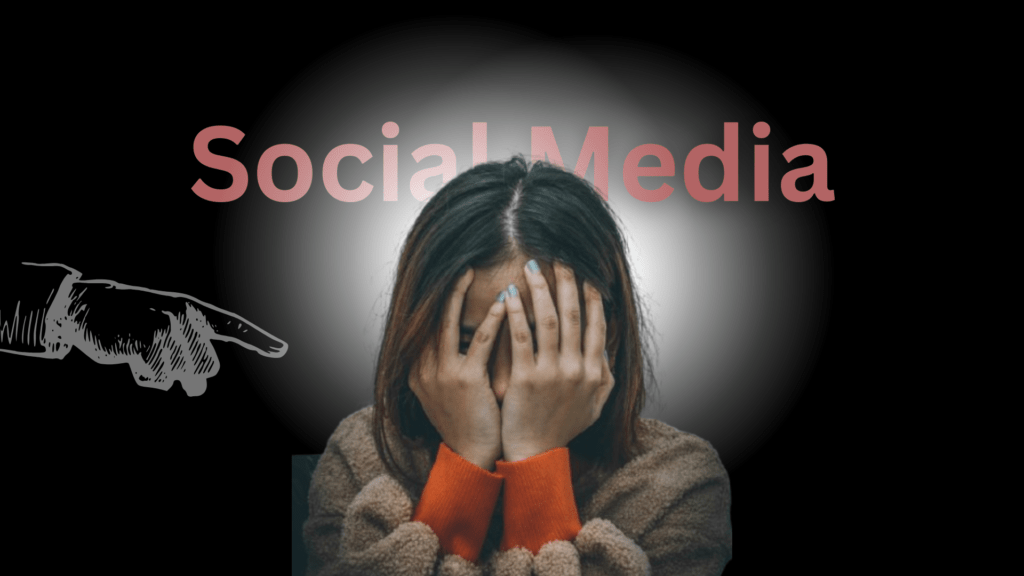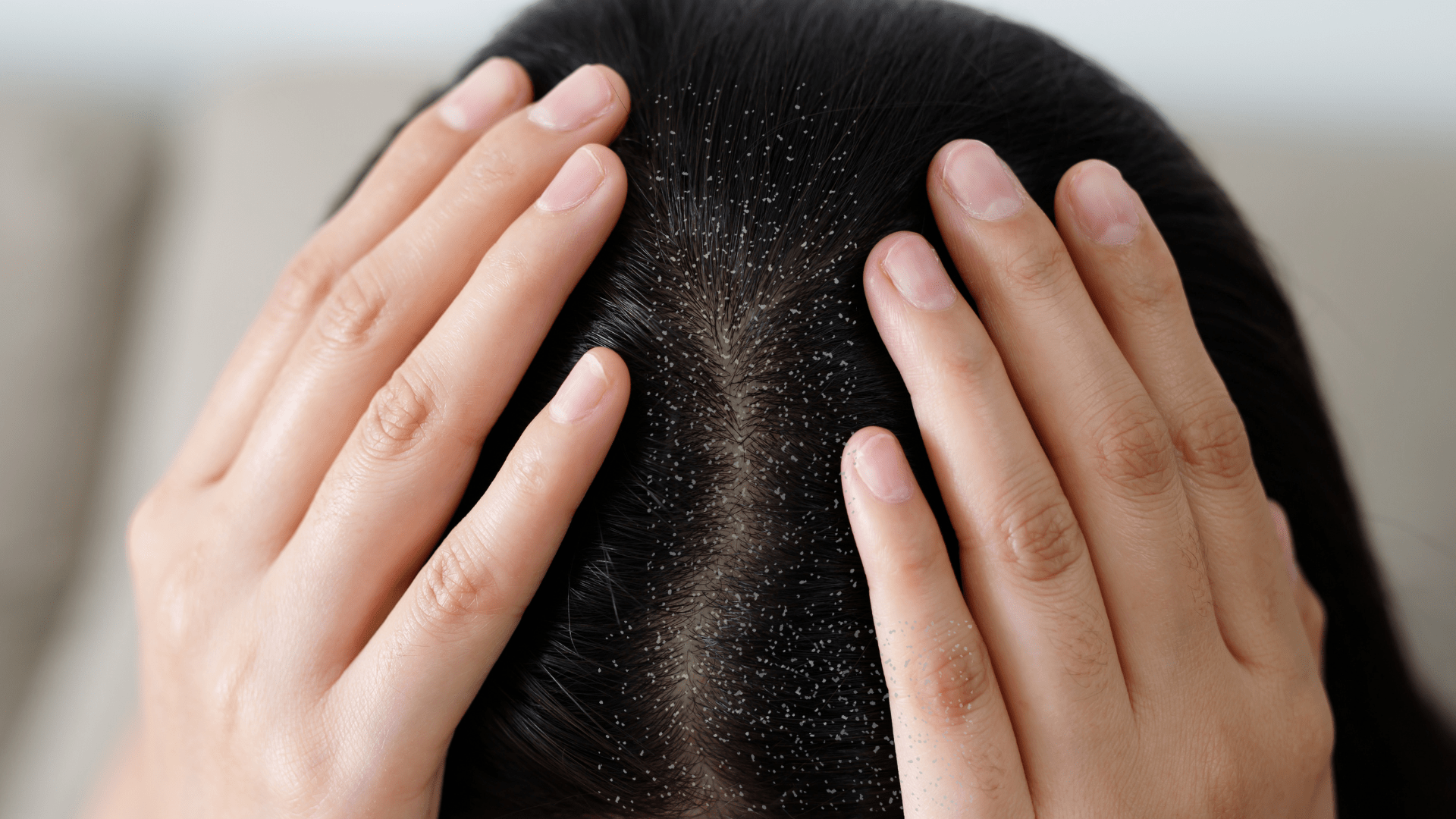Does social media affect mental health?
Today, social media is a very powerful tool that connects us to people, ideas, and trends all around the world. With only one tap of a finger, we can share our thoughts, and discover new places. However, the cons of social media affect mental health which leads to anxiety, depression, loneliness, and FOMO (fear of missing out) So yes, social media affects mental health and peace, due to which people are not able to make good decisions in their lives. There is an increasing concern that social media may be causing more problems than benefits for our mental health. In this article, we will learn how social media is silently controlling your brain’s capacity and discover tips to avoid its negative effects.

1. Comparison Culture
Ever found yourself scrolling through social media platforms, watching your friends on luxurious vacations, or admiring the “perfect” lives of influencers, and suddenly feeling a little… less? That’s the power of comparison culture. Social media often showcases a filtered, highlight-reel version of people’s lives, making us feel that we’re not measuring up.
When we look at others, we forget our flaws and only think about what’s lacking in our lives. This becomes an ongoing process that can lower our self-esteem and give us the sense of not being good enough or a non-successful person.
Tip:
Celebrate your unique journey and avoid measuring your worth against others’ highlights. Unfollow accounts that trigger negative emotions, and focus on content that uplifts you.
2. The Trap of FOMO (Fear of Missing Out)
In terms of its philosophy, social media always fosters the thought that there’s going on there’s a party, an event, or a new trend. Having other people appear to enjoy, we will find we can do better in terms of interesting stuff because FOMO perpetuates anxiety and frustration by just keeping on waiting in the long run.
Tip:
Instead of focusing on what others are doing, embrace your own pace and experiences. Your worth isn’t defined by trends or external activities you should find joy in what makes you happy and be present in the moment.
3. Social media addiction
We’ve all experienced this—going through posts for a long time, watching many videos, and suddenly noticing that hours have gone by. Being addicted to social media can hurt your time, how much You get done, and your health. The more we scroll, the more our brain wants more. This feeling of pleasure from likes, comments, and new posts can become addictive, causing you to waste time and lose sleep.
Tip:
Set time limits for social media use and create boundaries to prevent endless scrolling. Schedule digital detox periods throughout the day to give your mind a break.
4. Lost Real-Life Relationships
While social media helps us connect globally, it can also cause us to disconnect from those right in front of us. Spending too much time online can make us forget the value of real, face-to-face interactions, leading to feelings of loneliness and isolation.
Tip:
Make time for real-life moments—grab coffee with a friend, take a walk with a loved one, or enjoy some quiet time away from screens. Building strong, in-person connections is more important than your online presence.
5. Brain Burnout
Do you get exhausted after just spending some hours on social media? You feel mentally drained. Continuous updates, notifications, and content on social media tend to give you too much information. All this may leave you feeling worn out due to lack of concentration and increase your stress levels.
Tip:
Select topics and accounts for your feed that are helpful to you. Try to avoid negative news or content that doesn’t matter, and prefer good quality over a lot of stuff.
6. Unrealistic Beauty and Lifestyle Standards
There are hundreds of thousands of social media influencers, celebrities, and other ordinary individuals who portray perfect lives. It gives us an unrealistic benchmark that others should live up to, hence causing body image problems and unhappiness. Pressure to look or live a certain way is a significant cause of anxiety, especially if we do not think we measure up.
Tip:
Be real and embrace your uniqueness those “perfect” pictures are often filtered or staged. True beauty is found in being yourself, no matter your shape or size.
7. Privacy Anxiety
Most people are pressured to reveal more about themselves on social media, whether opinions, experiences, or photos. The stress associated with being judged or even violations of privacy is substantial. It can cause a feeling of anxiety about what other people think or even a fear of exposing yourself to unwarranted scrutiny due to over-sharing.
Tip:
Protect your privacy by being mindful of what you share online. Set clear boundaries for the information you reveal, and ensure your digital presence reflects only what you’re comfortable with. Keep personal details private to avoid unnecessary scrutiny or judgment.
Conclusion
Managing Your Mental Health in a Digital World: Social networking can connect us to other people, but it can also affect our mental health if we are not careful. To maintain balance, we need to be conscious of how we use these platforms and ensure that they do not determine how we feel about ourselves. Start today by Social networking to limit the time spent.
- A happy and encouraging feed.
- Self-care and mindfulness practices.
- Less time for destructive content.
Remember, your worth is not in likes or followers; it’s about your inner peace and how you take care of yourself, online and offline. Take control of your mental health and use social media to spread positivity, not to cause stress.


